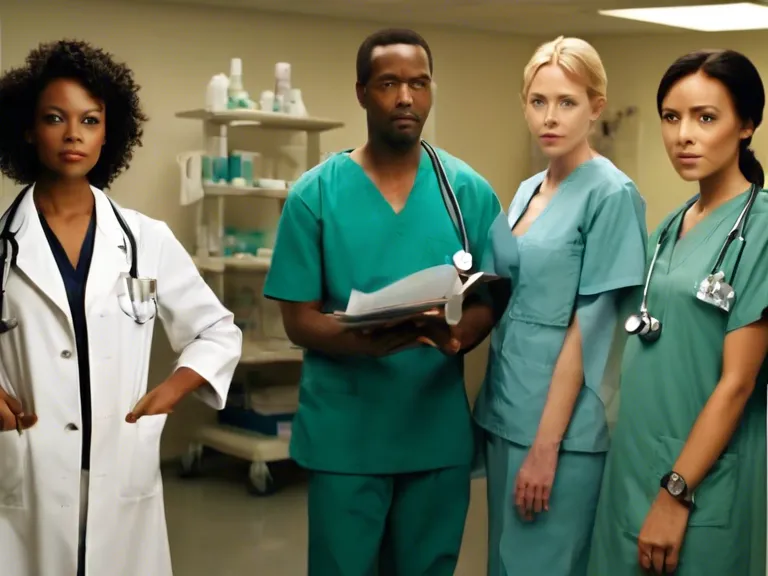
Movies often portray medical professionals in a variety of ways, shaping our cultural perceptions of doctors, nurses, and other healthcare workers. This article analyzes the depiction of medical professionals in movies from a cultural perspective, exploring common stereotypes and themes that emerge in popular films.
One of the most common portrayals of medical professionals in movies is the heroic doctor or nurse who goes above and beyond to save lives. This archetype is often seen in action-packed medical dramas like "Grey's Anatomy" or "ER," where characters perform life-saving surgeries or make split-second decisions in high-pressure situations. These portrayals can influence how society views healthcare workers, reinforcing the idea that they are infallible heroes who can do no wrong.
On the other end of the spectrum, some movies depict medical professionals as cold and detached, more interested in their paycheck than their patients. These portrayals can perpetuate negative stereotypes about healthcare workers, painting them as uncaring and untrustworthy. Films like "Patch Adams" challenge these stereotypes by showing a doctor who prioritizes empathy and human connection over clinical expertise.
Another common trope in movies is the "mad scientist" doctor who conducts dangerous experiments or unethical procedures in the name of science. These characters are often portrayed as brilliant but morally bankrupt, willing to sacrifice their patients' well-being for the sake of their research. While these portrayals can be entertaining, they can also contribute to fears and misconceptions about the medical field.
Overall, the depiction of medical professionals in movies reflects our cultural attitudes towards healthcare workers and the healthcare system as a whole. By analyzing these portrayals, we can gain insight into how society views doctors, nurses, and other medical professionals, and how these perceptions shape our understanding of healthcare.


